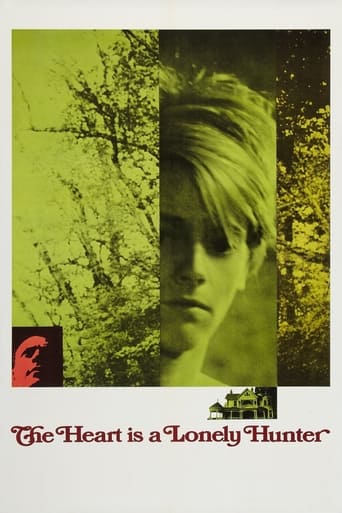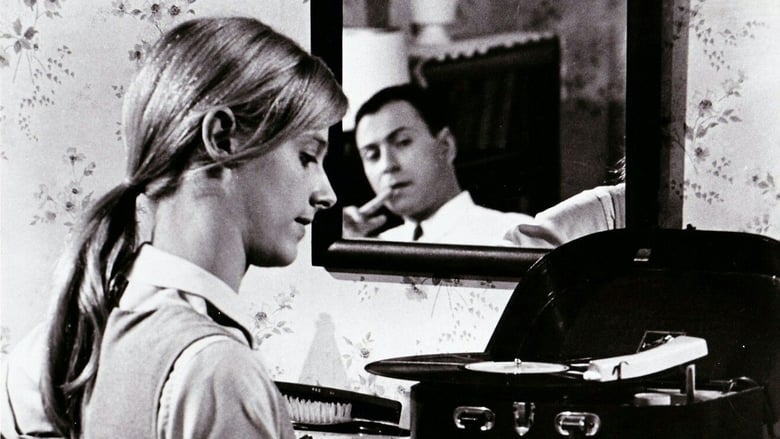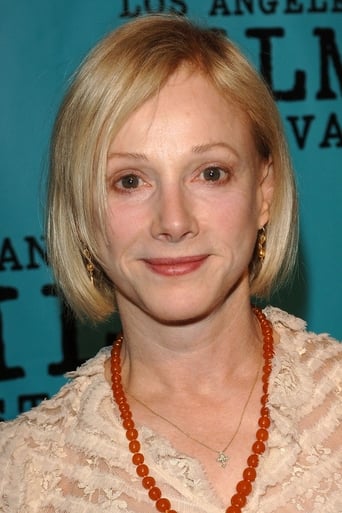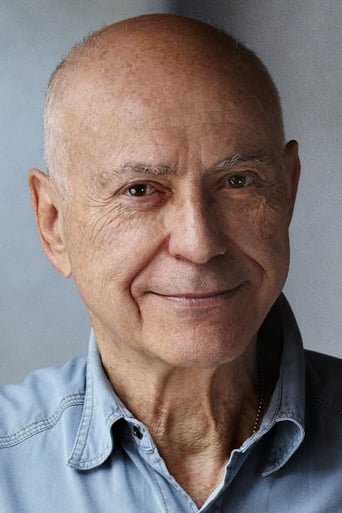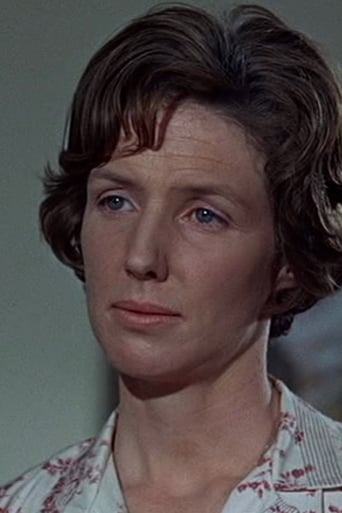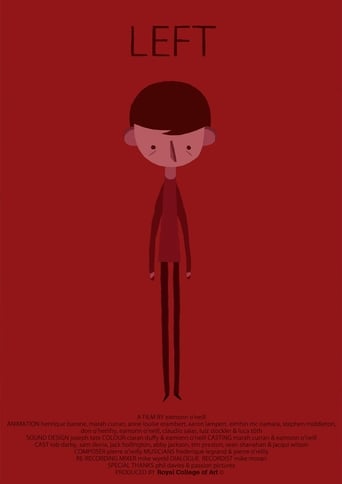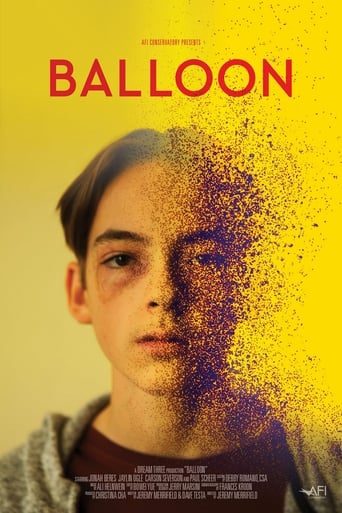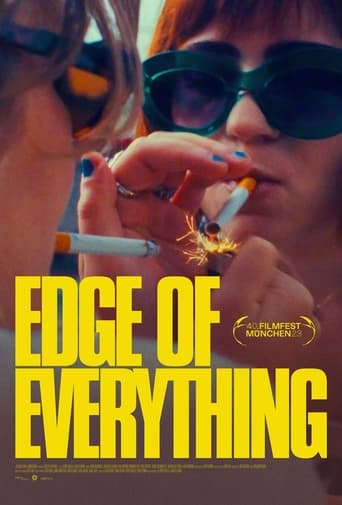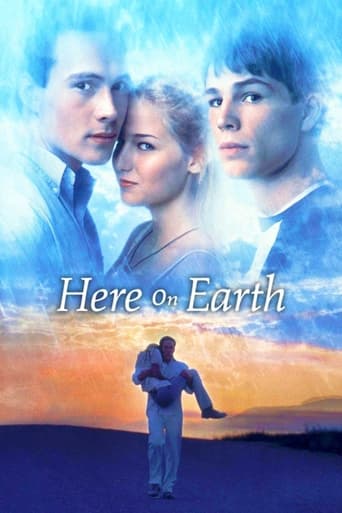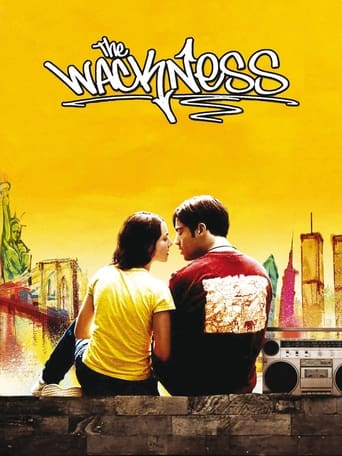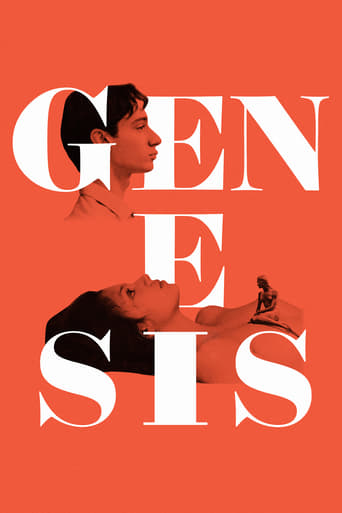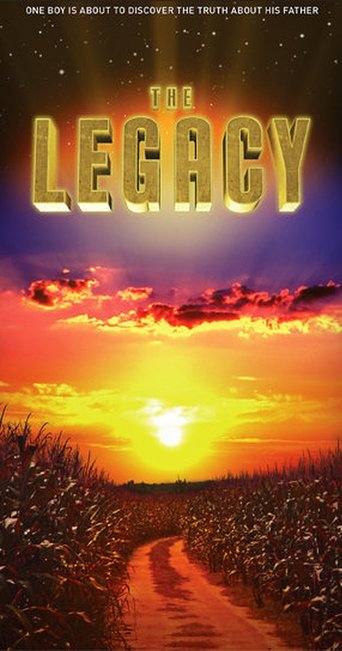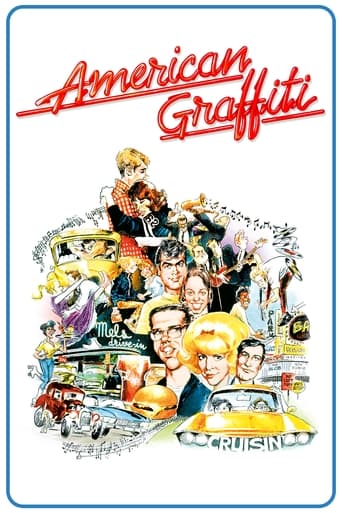The Heart Is a Lonely Hunter (1968)
Singer is a deaf-mute whose small world brings him in contact with a young girl, Mick, who cherishes a seemingly hopeless dream of becoming a concert pianist. At first hostile, Mick soon becomes friends with Singer, hoping to enlarge his small world. Three other central characters come to Singer for help also, each of them seeing in him a powerful force.
Watch Trailer
Cast


Similar titles
Reviews
Sorry, this movie sucks
Simply A Masterpiece
Exactly the movie you think it is, but not the movie you want it to be.
One of the film's great tricks is that, for a time, you think it will go down a rabbit hole of unrealistic glorification.
The Heart is a Lonely Hunter (1968) A Carson McCullers drama (she wrote the original book) with the usual array of gritty Southern types who are cast quite well. The director is the utterly unknown Robert Ellis Miller, and there are many times that I feel that the potential here, which is pretty deep, goes unexplored. The photography by James Wong Howe toward the end of his career is professional through and through, if somewhat routine for New Hollywood. Look for standout performances by Alan Arkin (as a lonely deaf-mute with a big heart) and Sondra Locke, later famous for many roles in Clint Eastwood films (with whom she was involved). An honesty of acting, and underacting, by these two (even by Locke, whose role is extroverted) hold the whole thing together, as undercurrents become the real meaning. This is more of a drama than a soap opera. I say this because there is a McCullers kind of interest in "characters" and "losers," people who are troubled and eccentric. But there is also an interpersonal drive to the subplots (as with Locke's character's family, a kind of caricatured struggling poor southern family with a father in a wheelchair) that has the potential to become interesting as soap. These two aspects are a bit at odds (they never jive), but a third aspect enters the plot and grows and grows, and it is the real reason to watch the movie and admire it: the intersection of black and white southern life. In a way that had become possible finally by the late 60s, Hollywood could deal with African-American life in an honest, believable way. The black doctor and his dilemma of appearing "uppity" if he treats a white man (a drunk) is only the beginning. Arkin's deaf-mute character is compelling. He's troubled, too, but has perception and persistence. He sees love more than feels it, it seems, but he has deep caring (which is a different kind of love). And that wins the movie. Look for great side performances by the doctor's daughter played by Cicely Tyson (who had many great roles after this, such as in "Sounder" and who was married to Miles Davis) and by the doctor, played by Percy Rodriguez. A moving drama that is a small, but important, cog in the breakdown of prejudice in the 1960s.
I watched this film for the first time ever today and I fell in love with it!! I read the book a few years back and it's become one of my favorite books. I was so thrilled when I learned that there was a movie adaptation of the book. This is one film that definitely does justice to the book. This film perfectly captures the way I imagined everything while I was reading the book. It is a perfect visual presentation of the book. Alan Arkin did a fantastic job as John Singer. He was absolutely perfect for the role. He was exactly the way I imagined Singer would be. I really wish he would have won an Academy Award for this role because he truly deserved it. Sondrs Locke also did a wonderful job as Mick Kelly. To be honest all of the actors fit their roles perfectly. I highly recommend you watch this film, especially if you've read the book because this film truly brings the book to life.
I have always been curious about this film but found myself disappointed by how much seemed to be left out of the story.Why did the Arkin character find it necessary to pretend he was a deaf-mute? I know he wanted to become Spiros's guardian, but this extreme tactic did not seem to follow. And how was it that this small-town jewelry fixer no longer had to earn a living? Nor was it clear what happened to the gluttonous Spiros. Had he died of a broken heart when Singer tossed the chocolates out of the car? And was that what triggered Singer's out-of-the-blue suicide? Arkin played Singer beautifully. What a handsome, understated performance. Yet I found myself angry at his character for killing himself in his rented room, leaving a vulnerable teenage girl to discover the carnage. Singer had shown the utmost in sensitivity and empathy elsewhere in the film and his violent demise shattered that for me.I also found the subplot about southern racism and a father-daughter rivalry to be tiresomely one-note. Too much time was given to all this, with very little payoff.This movie kept my interest, but it sure seems like one story best enjoyed in its book form.
Alan Arkin stars in what may be his finest hour on screen, playing a deaf mute in a small Georgia town who befriends the daughter of his boarder (Sondra Locke), a young girl just coming of age. Thomas C. Ryan adapted the novel by Carson McCullers, and his passages with these two sensitive, interesting people forms the lovely centerpiece of the picture. Director Robert Ellis Miller handles Arkin and Locke just right, but unfortunately there's a subplot shoehorned in about racial tensions in the town which plays like irrational soap opera (and just gets in the way). Miller's finale feels truncated, chopped short, so that the feelings we have for the characters are not quite resolved, and the heart of the story doesn't completely reach us. Nevertheless, many lovely sequences; simple, perceptive and sympathetic. *** from ****

